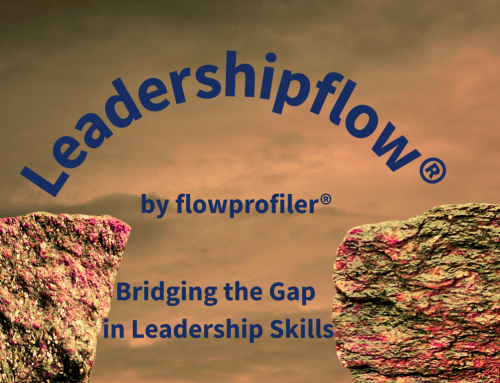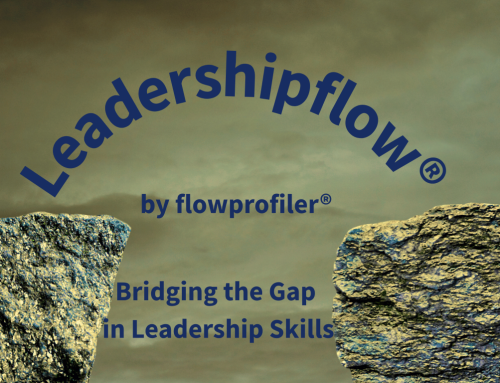Courageous conversations are the bedrock of progress and understanding in organisations. These are the dialogues that challenge norms, confront uncomfortable truths, and open the door to meaningful change. The four key behaviours of assertiveness, unbiased, a clear purpose, and collaboration are essential for these conversations to be successful.
What is a Courageous Conversation?
A courageous conversation is one where individuals engage in open, honest, and often difficult discussions about significant issues. These discussions require bravery, as they often involve confronting discomfort, vulnerability, and the potential for conflict. Yet, they are essential for personal growth, building relationships, and driving organisational change.
Courageous conversations are crucial in various scenarios, including:
- Workplace Conflicts: Addressing disagreements or performance issues.
- Social Issues: Engaging in dialogues about racism, sexism, or other forms of discrimination.
- Leadership and Management: Providing constructive feedback or making tough decisions that impact the team.
A successful conversation leaves all parties feeling heard, respected, and understood. It leads to resolution or a deeper understanding of the issue, fostering trust and paving the way for future open communication. Success is not just about immediate resolution but long-term improvement in relationships and organisational culture.
Assertiveness: The Backbone of Courageous Conversations

Assertiveness is the art of expressing one’s views with honesty and respect. It’s about standing one’s ground with confidence, not aggression. Assertive communication ensures all parties are heard and understood, promoting a balanced dialogue.
Jacinda Ardern, New Zealand’s former Prime Minister, exemplifies
assertive yet compassionate communication. During the COVID-19 pandemic, her clear and assertive messages about lockdown measures were pivotal in maintaining public trust and compliance.
Her ability to communicate decisively while remaining empathetic showcases the power of assertiveness in leadership.
Unbiased Perspective: The Lens of Fairness

Approaching conversations with an unbiased perspective is crucial for fairness and objectivity. It requires individuals to set aside personal prejudices and focus on the facts and perspectives presented.
Satya Nadella, CEO of Microsoft, has championed a culture of inclusivity and diversity. His unbiased approach to leadership has transformed Microsoft’s corporate culture, fostering an environment where courageous conversations about race, gender, and inclusion are encouraged.
Purpose: The Guiding Principle

Having a clear purpose behind a conversation ensures it remains focused and productive. Purpose-driven conversations lead to meaningful outcomes because they are anchored in a clear objective.
Greta Thunberg’s speeches and discussions about climate change are driven by a clear and unwavering purpose. Her direct, purpose-focused dialogues with world leaders and organisations highlight the urgency of environmental action, making her a powerful voice in the global climate conversation.
Collaboration: The Spirit of Togetherness

Collaboration involves working together towards a common goal, valuing each participant’s input, and building on each other’s ideas. Collaborative conversations are about finding the best solution through collective effort, not winning an argument.
The partnership between Pfizer and BioNTech in developing the COVID-19 vaccine exemplifies the power of collaboration. Their joint efforts, characterised by transparent communication and shared goals, led to the rapid development and distribution of a life-saving vaccine.
This collaboration underscores how courageous conversations and teamwork can lead to groundbreaking achievements.
Courageous conversations are essential for driving change and fostering a culture of openness and growth. They require planning and structure and by embracing assertiveness, maintaining an unbiased perspective, staying purpose-driven, and fostering collaboration, individuals and organisations can navigate these conversations successfully. The right combination of behaviours used at the right time are not only effective but transformative.
Incorporating these key behaviours ensures our conversations are not only courageous but also constructive and impactful, paving the way for a more understanding and progressive society.
flowprofiler® assessments measure the key behaviours that underpin courageous conversations. Combine this with our Courageous Conversations workshop and your people will be equipped to achieve successful outcomes. Reach out to us at hello@flowprofiler.com for more information.
References:



